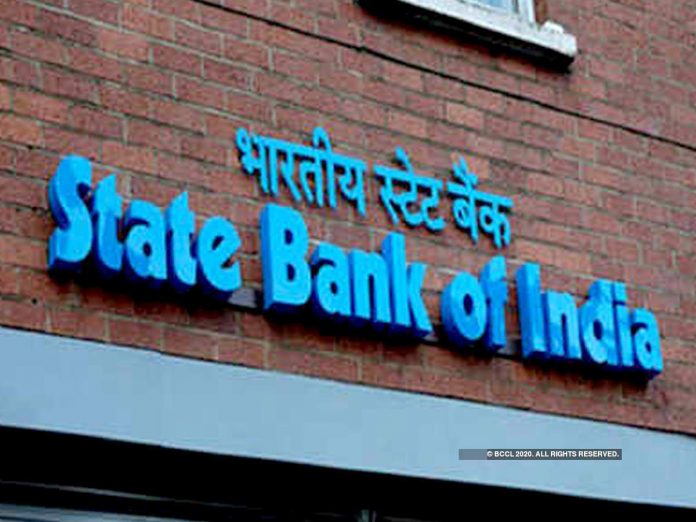The Delhi High Court today held that Banks/Financial Institutions can initiate and continue the proceedings against the guarantor for recovering their dues under Securitisation and Reconstruction of Financial Assets and Enforcement of Security Interest Act, 2002.
A divisional bench comprising Justice Hima Kohli and Justice Subramonium Prasad while pronouncing the judgment noted that
“The liability of the principal borrower and the Guarantor remain co-extensive and the respondent/Bank is well entitled to initiate proceedings against the petitioner under the SARFESI Act during the continuation of the Insolvency Resolution Process against the Principal Borrower.”
The petition has been filed by Ms. Kiran Gupta challenging the insolvency petition filed by the Bank against the principal borrower under the provisions of the IB Code before the NCLT, Delhi and issued a notice under Section 13(2) of the SARFAESI Act to the petitioner, who had stood as a guarantor for the principal borrower.
In this case, Metenere Ltd. is the principal borrower and had obtained loans from the State Bank of India. Whereas, the petitioner wife of the promoter of the principal borrower stood as a guarantor for the repayment of the loans.
The petition is confined to the action of the Bank of initiating proceedings against the petitioner under the SARFAESI Act when insolvency proceedings have been initiated against the Principal Borrower under the IB Code and the same are pending before the NCLT.
Senior Advocate Amit Singh appearing for the petitioner submitted that the proceedings against the Principal Borrower under the IB Code and against the Guarantor under the SARFAESI Act cannot be instituted and continued simultaneously unless the proceedings under the IB Code do not come to an end and it is decided that the company cannot be revived, proceedings against the Guarantor alone cannot go on; that if the Resolution Plan is accepted, then under Section 31 of the IB Code, all the Guarantees become ineffective as the Resolution Plan is binding on the Guarantors.
Whereas, counsel appearing for the Bank submitted that e liability of a Guarantor is co-extensive with the Principal Debtor.
“the issue raised by the petitioner is no longer res integra and is covered by the judgment of the Supreme Court in State Bank of India v. V.Ramakrishan and Another, reported as (2018) 17 SCC 394, which holds in so many words that Sections 14 and Section 31 of the IB Code do not bar initiation and continuation of the SARFAESI proceedings against the Guarantor,” he added.
Also Read: Breach of Agreement under Sale of Goods Act,1930
Justice Kohli on the question as to whether the Bank can proceed against a guarantor even after initiation of proceedings under the IB Code noted that neither Section 14 nor Section 31 of the IB Code place any fetters on Banks/Financial Institutions from initiation and continuation of the proceedings against the guarantor for recovering their dues.
SMP02112020CW72302020_131902-India Legal Bureau


